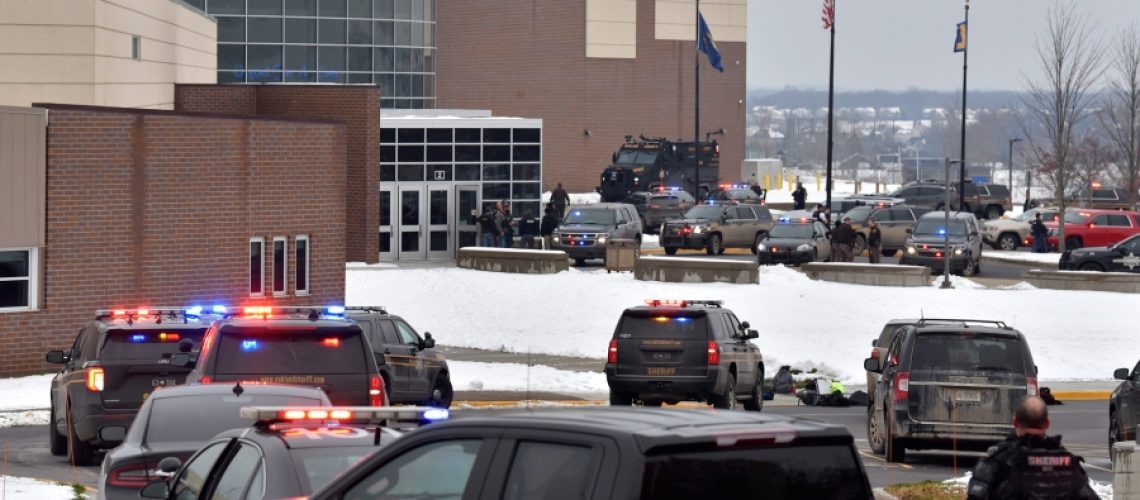On December 3, 2021, a Michigan prosecutor’s office announced it was charging James and Jennifer Crumbley with involuntary manslaughter in connection with the November 30th school shooting by their son, 15-year-old Ethan Crumbley. In a country where news of school and other mass shootings has become a norm, these charges mark the first time that officials have attempted to hold a parent or guardian criminally liable for a mass shooting committed by their child.
Legal experts have concluded that the prosecution’s decision to charge the parents is intended, in part, to send a message to gun owners nationwide to be more responsible in terms of who has access to their weapons. Of course, messages like this are common in the wake of a mass shooting, but it’s clear that the Crumbleys’ criminal charges are intended to make these messages stronger. Some people may wonder, “why now?” Why is this the first time that charges like this have been filed? Why have prosecutors not done this sooner when Americans are unable to keep count of the number of times a child is gunned down at school by their peer?
The answer partly has to do with the particular facts of the case, which Michigan prosecutor Karen McDonald called “egregious.” The other part likely has to do with Michigan’s criminal law. In Michigan, involuntary manslaughter is considered a “catch-all crime” that occurs when a criminal defendant’s gross negligence causes the death of another. For the Crumbleys, this means they can be convicted if a jury finds that (a) they knew yet ignored the risk of deadly violence from allowing their son to have access to a firearm, and (b) their son’s commission of a deadly shooting was a direct and natural result of their actions (or inactions) in allowing their son to have access to a firearm and ignoring school officials’ concerns.
Although this is the first time this charge has been filed in connection with a school shooting, it is not the first time Michigan prosecutors have charged a parent with involuntary manslaughter for the firearm death of a child. Six years earlier, Michigan prosecutors charged a man with involuntary manslaughter after one of his children died when his two elementary schoolers began playing with a loaded shotgun while unsupervised. In upholding the father’s involuntary-manslaughter conviction, the Michigan Court of Appeals stated that the older child’s “action of obtaining the weapon and accidentally firing it” was “reasonably foreseeable [because] young children fail to appreciate the risks posed by loaded firearms in the same way that adults should.” The Court went onto explain that “[a]lthough some testimony suggested that defendant told the children not to touch the weapon or to go into the closet and that [the elder child] was ordinarily an obedient child, it is far from uncommon for a 10-year-old child to fail to comply with a parent’s instructions.”
It’s unlikely that the same reasoning will apply in the Crumbleys’ case for the simple fact that a mass shooting cannot be considered an “accident” or an act of disobedience. Nor is it likely that a court or jury would find that Ethan failed to appreciate the risks of a loaded firearm, in the same manner, a 10-year-old would; further, Ethan is being charged as an adult. An additional aggravating fact is an allegation that school officials called the parents hours before the shooting occurred to inform the parents of an ominous drawing by their son and to request that the Crumbleys take their son home and seek immediate counseling, which the parents allegedly refused to do. The prosecutor and other commentators have opined that this tragedy may likely have been averted had the Crumbleys checked their son’s backpack for the gun when they were called into the school that morning. Based on these facts, Mr. and Mrs. Crumbleys’ case could turn on whether there is proximate cause to hold them accountable. Thus, it’s possible that attorneys on the case may argue over whether a mass school shooting can be said to be a “natural” result of gross negligence and poor parenting decisions.










